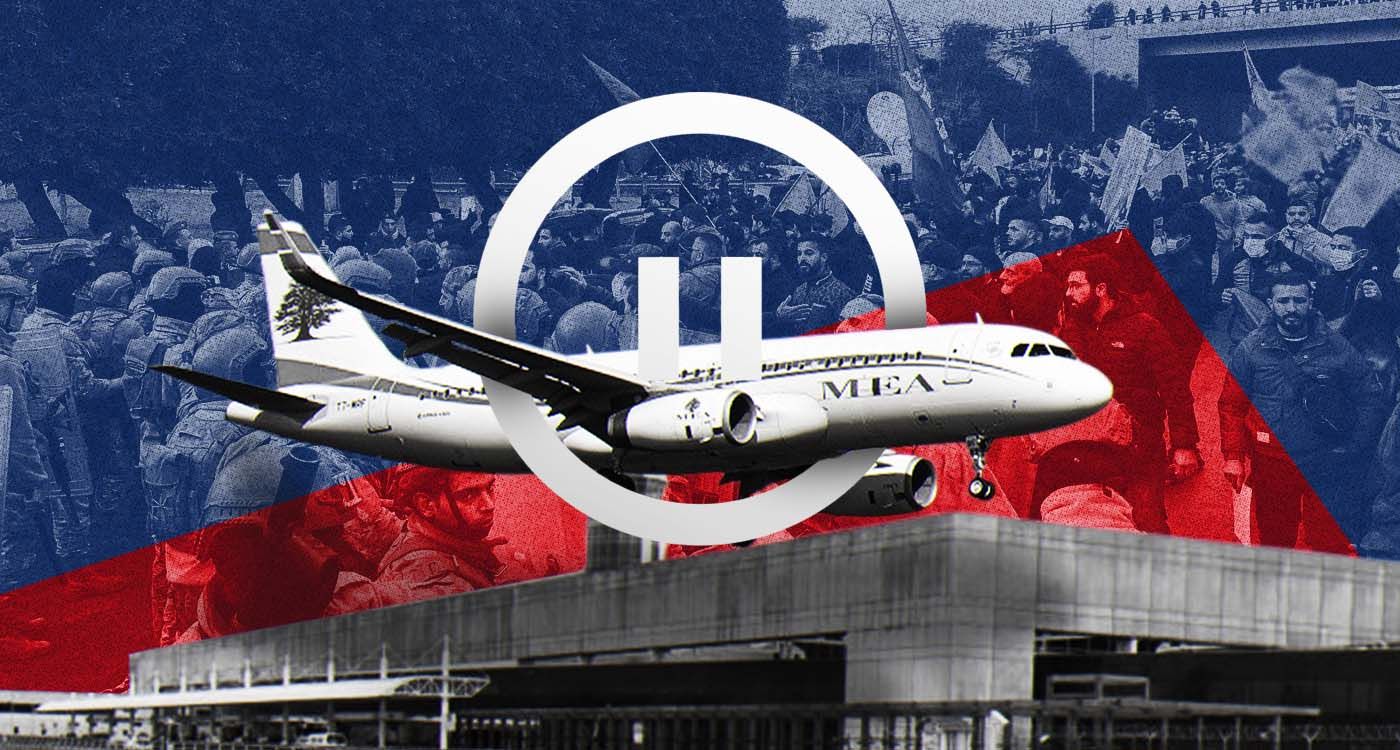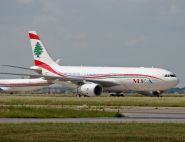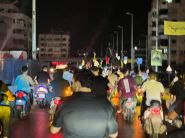
Lebanon's sole airport will suspend all flights on Sunday, February 23, from 12:00 PM to 4:00 PM during the funeral of Hezbollah’s former Secretary-General, Hassan Nasrallah, according to a statement from the Directorate General of Civil Aviation at Beirut International Airport (BIA).
Beirut’s airport has served not only as a transit hub for flights and cargo but has also become a disruptive tool, negatively impacting both the nation’s aviation industry and its economy.
Economics professor and researcher Maroun Khater explains, “While exact figures on the losses during these 4 hours of closure are unavailable, a report from Middle East Airlines (MEA) indicates that, during the first week of the 2024 Israel-Hezbollah conflict, the airline incurred losses exceeding $8 million due to a six-day airport shutdown. However, the real issue extends beyond these 4 hours; it lies in the deeper loss—the erosion of trust in the airport from both the international community and expatriates.”
During Lebanon's economic crisis, exacerbated by a liquidity-driven monetary policy, the airport became a vital channel for Lebanese people to bring cash into the country. Khater pointed out, “In 2024, expatriates injected between $5 and $7 billion in remittances into Lebanon.”
Airports reflect the essence of a nation, and countries worldwide heavily invest in modernizing their airport infrastructures to ensure seamless travel. Yet, Lebanon’s sole airport remains held hostage by a specific faction. A hub that should remain operational is frequently paralyzed for various reasons. In 2006, the Lebanese-Israeli war led to the airport’s closure for over a month, inflicting heavy economic and financial losses. Many foreign embassies had to evacuate their citizens by sea. Repeatedly, Hezbollah has leveraged its control of the airport as a political tool, blocking roads or causing disruptions in airspace. Most recently, during the 2024 conflict involving Hezbollah’s support for Gaza, Lebanon once again faced the threat of war, with the airport remaining vulnerable due to Hezbollah’s control over the surrounding area.
However, these closures have significant repercussions for the country. Professor Khater highlights, “The closure of an airport is one of the clearest indicators of political and security instability, directly eroding foreign investors' confidence. It harms trade, disrupts the flow of imported and exported goods, and weakens the tourism sector— a cornerstone of Lebanon's economy. Furthermore, as a vital transit hub for many Arab countries, Lebanon faces significant delays in airline schedules due to these disruptions.”
On February 23, two airlines, including Air France and Emirates, had already suspended their flights. Given that the funeral will take place at the Camille Chamoun Stadium in Beirut, located close to the airport, the measure was taken as a precaution against the risks of riots or celebratory gunfire—incidents often seen during such events. Chairman of the Parliamentary Committee on Public Works and Energy, MP Sajih Atiyeh, explained to This is Beirut: “This decision was made to ensure the safety of passengers and aircraft due to the potential danger of stray bullets from Nasrallah's supporters, which could damage planes or put passengers at risk. While we do not expect a riot during the funeral, as witnessed recently near the airport with the Shiite public, the security forces are fully prepared and the flight suspension will not exceed the stated duration.”
To this day, the Lebanese people continue to pay the price for a weak state. Khater emphasizes, “The frequent airport closures and daily flight suspensions between Lebanon and other countries disrupt airline schedules. Furthermore, due to the ongoing instability at BIA, insurance companies increase their premiums for flights landing in the Lebanese capital. This increase in costs directly impacts ticket prices, potentially limiting the ability of expatriates to travel.”
The recurring closures of roads leading to the airport and Hezbollah’s interference in matters of war and peace pose a significant challenge to the authority of the Lebanese State. BIA is not the only infrastructure under the influence of the Iran-backed group. This situation underscores the urgent need for Lebanon, a country with a crucial tourism sector, to establish a second airport, as many smaller states have done. It also highlights the critical necessity for the government to regain full control over the country's territory to ensure both political and social stability, not only for the airport but for Lebanon as a whole.




Comments